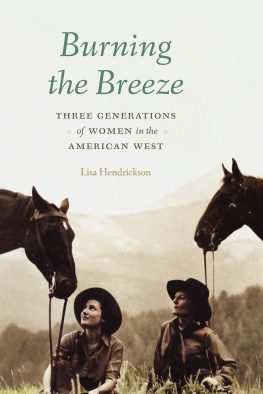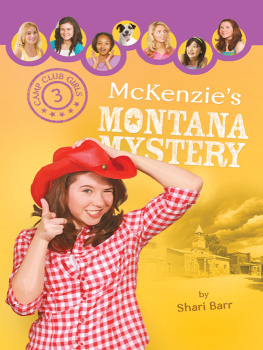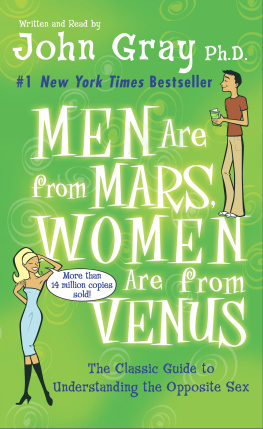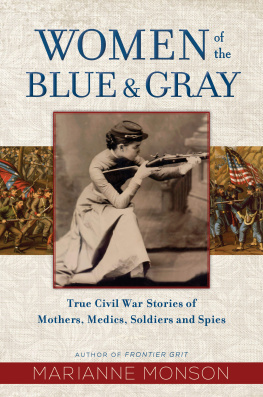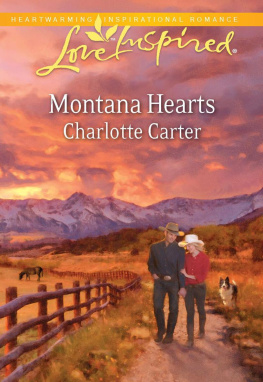ABOUT THE AUTHORS
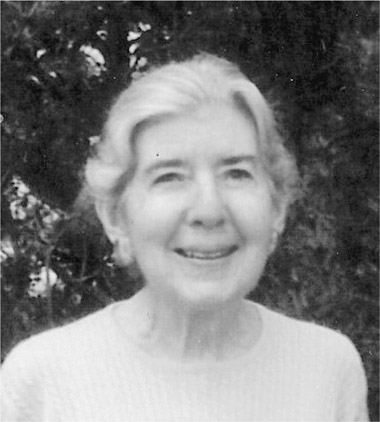
A native of Illinois, DONNA GRAY began her work in oral history while living in the Bay Area of California. With her husbands retirement in the mid-1970s, the couple bought a ranch in Montanas Paradise Valley, where Donna became interested in the histories of neighboring ranch wives. That interest prompted her to expand her search for the stories of Montanas rural women.
LINDA PEAVY and URSULA SMITH, who contributed the foreword, have been working in womens history for thirty years. They have coauthored ten books, including Pioneer Women and Women in Waiting in the Westward Movement.
To buy books in quantity for corporate use or incentives, call (800) 962-0973 or e-mail premiums@GlobePequot.com.
A T W O D O T B O O K
Copyright 2012 by Donna Gray
ALL RIGHTS RESERVED. No part of this book may be reproduced or transmitted in any form by any means, electronic or mechanical, including photocopying and recording, or by any information storage and retrieval system, except as may be expressly permitted in writing from the publisher. Requests for permission should be addressed to Globe Pequot Press, Attn: Rights and Permissions Department, PO Box 480, Guilford, CT 06437.
TwoDot is an imprint of Globe Pequot Press and a registered trademark of Morris Book Publishing, LLC.
All photos from the Library of Congress.
Map: Daniel Lloyd Morris Book Publishing, LLC
Project editor: Meredith Dias
Text design: Elizabeth Kingsbury
Layout: Kirsten Livingston
Library of Congress Cataloging-in-Publication Data
Gray, Donna, 1927
Nothing to tell : extraordinary stories of Montana ranch women / Donna Gray ; foreword by Linda Peavy and Ursula Smith.
p. cm.
ISBN 978-0-7627-7909-3
1. Women ranchersMontanaInterviews. 2. Women pioneersMontanaInterviews. 3. Women farmersMontanaInterviews. 4. Ranch lifeMontanaHistory. 5. Frontier and pioneer lifeMontana. 6. Farm lifeMontanaHistory. 7. MontanaSocial life and customs. 8. MontanaBiography. 9. Oral historyMontana. 10. InterviewsMontana. I. Title.
F730.G73 2012
978.6dc23
2011046235
Printed in the United States of America
10 9 8 7 6 5 4 3 2 1
For John and for the women who shared their stories with me. I wish I could put this book in your hands.

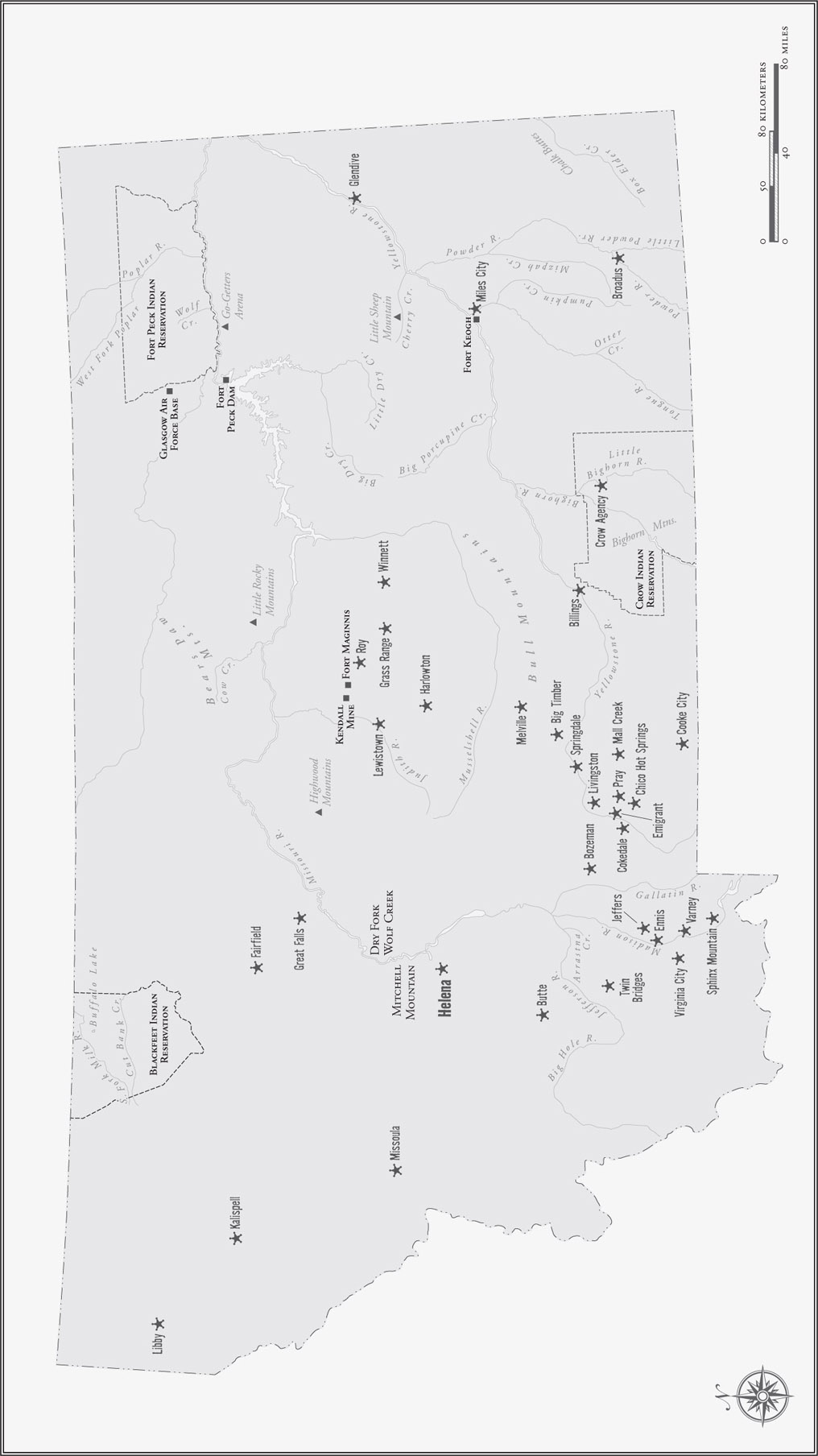
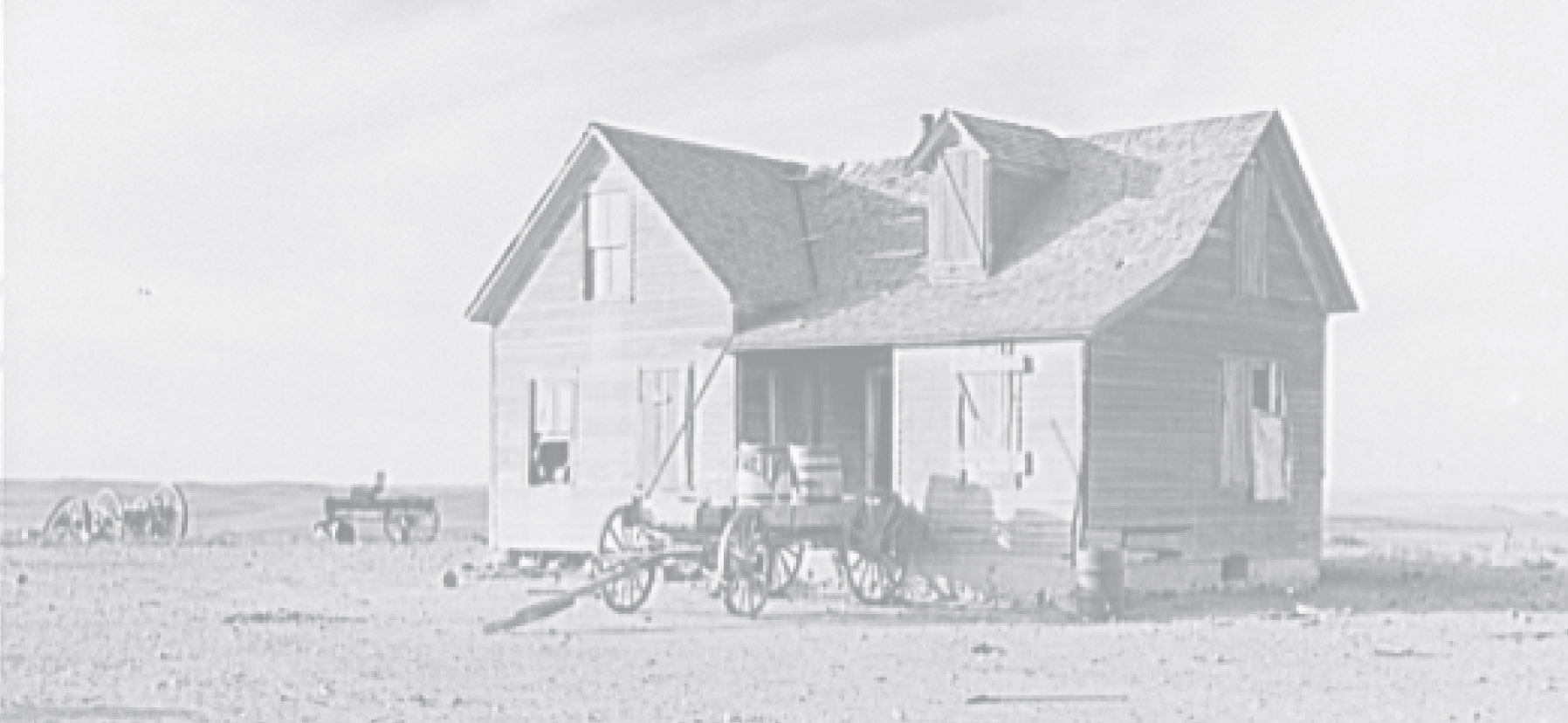
FOREWORD
Thirty years ago, Donna Gray set up her tape recorder on the kitchen table of the first of the twelve Montana ranch women whose oral histories make up the chapters of this book. At the time she might or might not have been aware that she was among the relatively few academic and lay historians who had begun capturing the voices and recording the stories of rural women whose day-to-day experiences were part of a rapidly disappearing way of life.
Grays first interview took place in 1982, almost a year before Susan Armitage challenged historians to examine the extraordinariness of ordinary lives, to step back from their work on the lives of women known to be groundbreakers and to look forand atthe experiences of women whose lives were a vital part of the unfolding story of the earlier West. As Armitage issued that challenge, Gray was facing a challenge of her own. Convinced as she was of the importance of recording the experiences of her cohort of Montana ranch women, she found her prospective subjects reluctant to be interviewed, convinced as they were that the ordinariness of their own everyday lives meant they had done nothing worth talking about, that they had nothing to tell.
As the stories in this book attest, nothing could have been further from the truth. Even the most casual reader will soon realize that these are important stories. And those with an interest in western history, whether living and working among us now or historians in the future, will be grateful to Gray for taking the time to record these words. Too often we dont stop to prompt our mothers, grandmothers, and great-grandmothers to share their experiences. Were too engaged in our own lives, too busy, too impatient.
But Donna Gray took the time to sit with these women, to prompt their musings with appropriate questions, and to listen with a sensitive ear as the memories began to flow. She did us one more favor. Besides capturing these stories for our enjoyment and education, she captured each womans unique voice in verbatim transcriptions of the interviews. As we read the words, we can actually hear the voices. And these voices engage us, not only for their distinctive patterns and idiomatic phrasings, but also for the stories they conveystories that offer rich detail concerning early-twentieth-century ranch life. In some cases, that detail attaches to work within traditional gender rolesbearing and rearing children, milking cows, churning butter, raising a garden, cooking on a woodstove, doing laundry in a wash-tub, teaching in a one-room schoolhouse. But, often as not, the stories take us into the nontraditional work demanded of ranch wives: shocking grain, herding cows, and hunting game. Ethel Briggs tells us of building a barns rock foundation with her own hands; we learn that, at age eighty, Bea Murray was still branding her own calves.
We hear stories that span a lifetime. Madge Walker recalls the joy of trips to town, where a child could help herself to gingersnaps out of a barrel in the general store. Urma Taylor tells of the delight that came from playing with her little frogs, which took the place of the dolls she didnt have. Two of the women describe shivarees, the high-spirited, late-night processions of close friends and family members to the home of a newly married couple. Helen Wonder shares memories of her honeymoon at ten thousand feet on Sphinx Peak in the Madison Valley, where her groom was hunting bears for the government. Clara Nickelson tells of settling up grocery bills only once a yearin the fall after the familys cattle were sold.
Some of these stories give insight into historical events of the era: Marie Converse describes anti-German sentiment and its consequences in Lewistown, Montana, after World War I. She also tells of her familys participation in a federal resettlement program during the Great Depression, of the ranchers ambivalence about relying on government assistance, and of local residents prejudices against the resettlers. Eva DePuy blames the abdication of Edward VIII of England for the failure of her fledgling mink business; she and her husband had counted on the coronation to spark a surge in the market, which bottomed when that coronation never took place.
While most of Grays ranch women mention in passing their involvement in mens work, Marie describes in great detail the tedious and complex steps involved in haying. Her description is a veritable howto manual on the lost art of haying. It didnt take me long to learn to build a good stack of hay would have sufficed for most women who mentioned their participation in such tasks, yet Converses delight and pride in her work comes through in her precise recall of each step.


